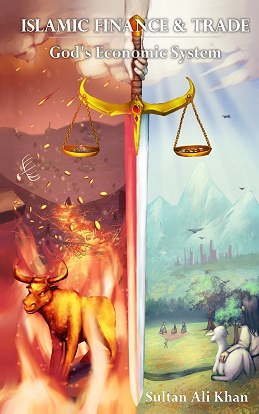From an Economic perspective, should the dairy farmer sell the milk to a wholesale distributor at the farm, or directly to the clients in the city? (Case Study 1 – Part 2/3)
1. Write your view of what Economics suggests in the comments below: “Wholesale Distributor” or “City Client”. Then read till the end for the answer.
2. Every time a product passes through an intermediary the price approximately doubles, to compensate for the (1)”value addition”, (2) Management costs and (3) profits of the intermediary owners.
3. Lets look at the price impact of the above example:
A) Farmer sells for 1 to Wholesale distributor
B) Wholesale distributor sells for 2 to the city Wholesale Market
C) City Wholesale Market sells for 4 to the city Retail Market
D) City Retail Market sells for 8 to the city Client
4. However, if the “value addition” is performed at the original source, this increases the production cost only by this value addition, without any extra layer of management and hence profit for the shareholders also increases only by a marginal increment. Therefore, in the above example the price might go from 1 to between 1.25 and 1.5 but not to 2!
5. So if the farmer sells directly to the city client (with the value addition costs of the actual distribution), the price would now only be between 1.25 and 1.5, compared to 8!
6. Another example, the big toy superstore in the USA that went bankrupt, because now the customers could buy directly online from the toy producers. So if that cut out for example 2 intermediaries, it would approximately reduced the price to only 1/4 of what the toy superstore was charging. Hence the bankruptcy.
In the above analysis we have focused on the impact of pricing. But the presence of intermediaries also causes distortions in the supply and demand of the products and services. Further, the intermediary’s buying power causes the small farmers and clients to feel unfairly “trapped” in their system.
Therefore from an Economic perspective, the dairy farmer should be selling the milk directly to the clients in the city, and not be forced to sell the milk to the wholesale distributor at the farm.
Do you want to know more of what is allowed and what is forbidden ? How should the economy and finance on the whole be structured?
The book “Islamic Finance and Trade: God’s Economic System”, is the culmination of over 25 years of research, to present the answer to the above question. You are kindly invited to Read, Review and Recommend the book. It is available at https://a.co/d/f1jTXvP and on all Amazon sites.

